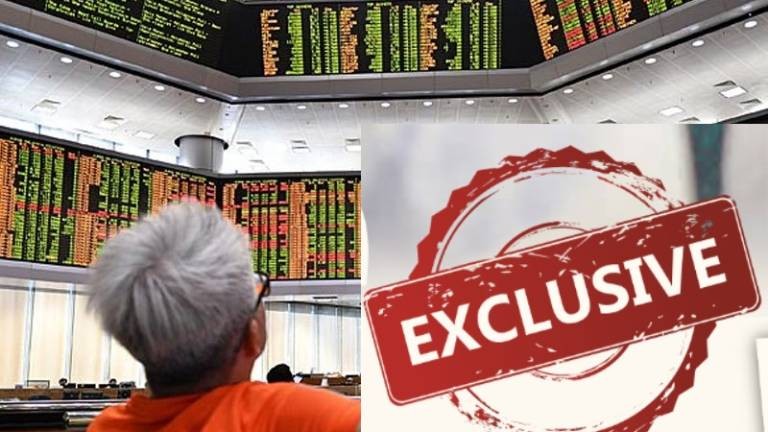
PETALING JAYA: Malaysians need to brace for tough times as the country is falling into a prolonged economic downturn that could be graver than previous recessions that it has suffered.
Although the impact of the current economy crisis would be more gradual, we are facing a financial situation that is hard to wheel away as long as the threat of the Covid-19 pandemic is present.
Economists said unlike previous recessions in the country, Malaysia’s recovery from the current economic downturn due to Covid-19 will be “at the mercy” of other nations.
Singapore Institute of International Affairs senior fellow Oh Ei Sun said Malaysia, being a vital part of the global production supply chain, has become a very open economy and an important trading nation.
He noted that with virtually the whole world affected by the pandemic, demand for goods and services from Malaysia, as well as international tourism, would drop.
“This whole coronavirus-induced economic crisis cannot be recovered by stimulus packages by us alone. It depends on whether other countries recover too,” Oh told theSun yesterday.
“If you look at what’s going on globally, including advanced nations, it is not very optimistic. It will be a very long recovery for us, if there is even such a recovery. In fact, to even talk about an economic recovery this year would be very ambitious.”
He pointed out that previous post-independence financial crises – in 1985, 1998 and 2008 – had been cyclical in nature, compared with the current one, which was more disruptive.
Oh explained that a cyclical crisis is more psychologically-induced, where purchasing power among the public would be restored when they have a better prospect of the economy. Therefore, it would be a short-lived recession, he said.
“Essentially, Covid-19 forced everybody in every sector to stop work, and consequently plunging the economy. It’s very hard to foresee how we can rebound, unless the virus subsides substantially soon.”
Former World Bank economist Lim Teck Ghee Lim also cautioned that it could get worse than the Great Depression of the 1930s.
“Whether the recession will deepen into a depression depends on what happens in the major economies of the world like China, the US, the Eurozone, Japan and some G20 countries,” he said.
“If the pandemic spread is not slowed down considerably but picks up pace and no vaccine protection is quickly available, then we are looking at a worst-case situation, one possibly worse than the Great Depression.”
He said the government must get the right mix of financial and non-fiscal policies to support employment and production in the private sector.
Lim urged the government to stimulate the recovery of the private sector, especially small and medium enterprises (SMEs) and mid-tier companies.
“Our exports in electrical and electronics, petroleum products, and other manufactured products will take a big hit,” Lim said.
“Exports of palm oil and rubber products may be less affected but overall, we are looking at a considerable decline in exports and investment figures for the rest of the year and next year.
“Besides the export trade, let us not forget our dependence on tourism-related revenues and employment. This has not been taken into account by most estimates but may turn out to have just as big, if not a bigger, negative impact.”
Meanwhile, Wordlabs Business Network (WBN) chief executive officer Sritharan Vellasamy said businesses are facing an unprecedented test.
“The importance now is ensuring sustainability of micro businesses and SMEs, not just their operational survival but also how their impending closure would impact staff and their families, and societies as a whole,” he said.
Sritharan, who is also founder of WBN (which deals with globalisation and digital transformation in businesses), said there are indications that the pandemic could be a turning point in digital transformation.
He urged the government to facilitate the connecting of technology solution providers to businesses. Technologies are vital to help businesses mitigate the damage and could even help them rebound and evolve post-crisis, he said.
“The government needs to be very clear on its approach in aiding businesses,” he added, pointing out that a “one-size-fits-all” approach would not work.
“For example, an SME operation that employs daily wage earners needs to be rescued or analysed first before going into large business bailouts,” he said.
“The survival of these daily wage earners needs to looked into. Saving businesses and the welfare of people are two sides of the same coin. A real study needs to be done to ensure priorities are in place.”
Source : https://www.thesundaily.my/local/current-economic-crash-may-be-worst-in-malaysian-history-experts-BB2322892

